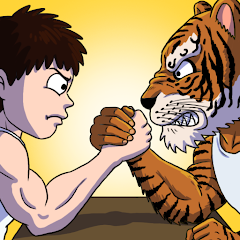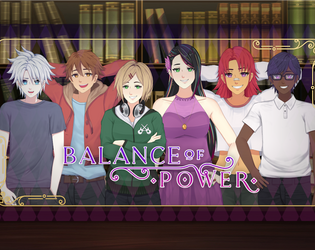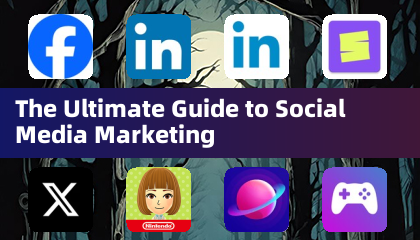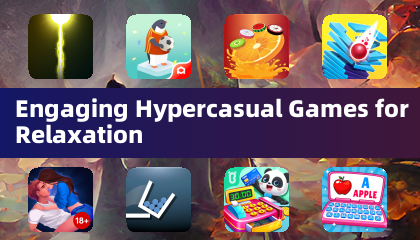TikTok's weekend ban dominated headlines, but the fallout also impacted other top games, including Marvel Snap. While TikTok's swift return, seemingly orchestrated by ByteDance, was a dramatic win, the incident raises serious concerns.
The ban, stemming from a congressional act labeling TikTok a foreign adversary-controlled application, initially affected several ByteDance subsidiaries' games, including Marvel Snap. ByteDance's all-or-nothing approach left developer Second Dinner seemingly uninformed and scrambling for damage control on Twitter, promising swift restoration of service and offering compensation to players.
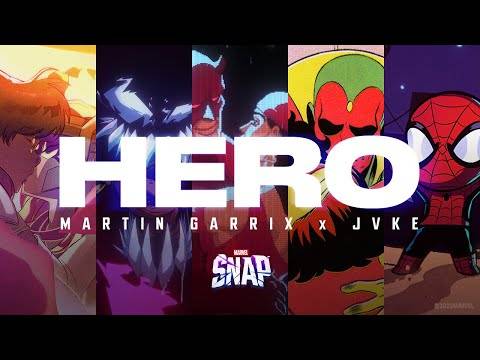
ByteDance's strategy, using TikTok's ban and subsequent reinstatement as a publicity stunt, appears to have succeeded. However, this political maneuvering inadvertently ensnared its gaming partners. This incident casts doubt on the relative importance ByteDance places on its gaming divisions compared to its lucrative social media platform. While Second Dinner likely won't sever ties, trust has been eroded, suggesting gaming is secondary to ByteDance's core social media business.
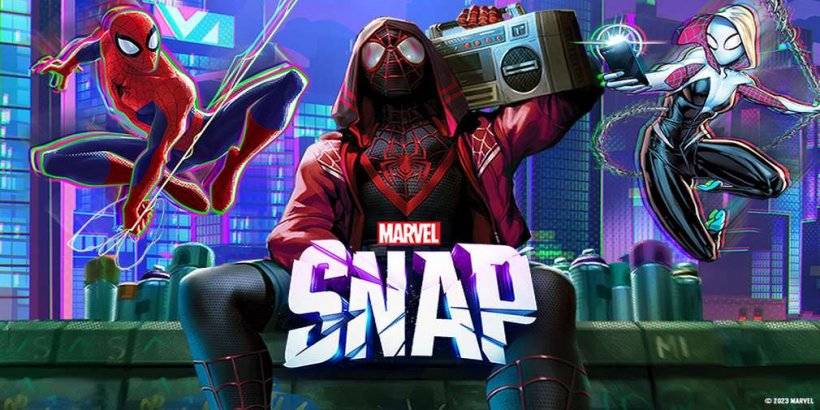
This isn't ByteDance's first controversial move in the gaming sector. Significant layoffs in 2023 shuttered numerous projects. While the successful Marvel Snap partnership hinted at a shift towards collaborations, this recent event demonstrates a potential risk for future partners. Disney, with the recent success of NetEase's Marvel Rivals, might also be reconsidering its relationship with ByteDance.
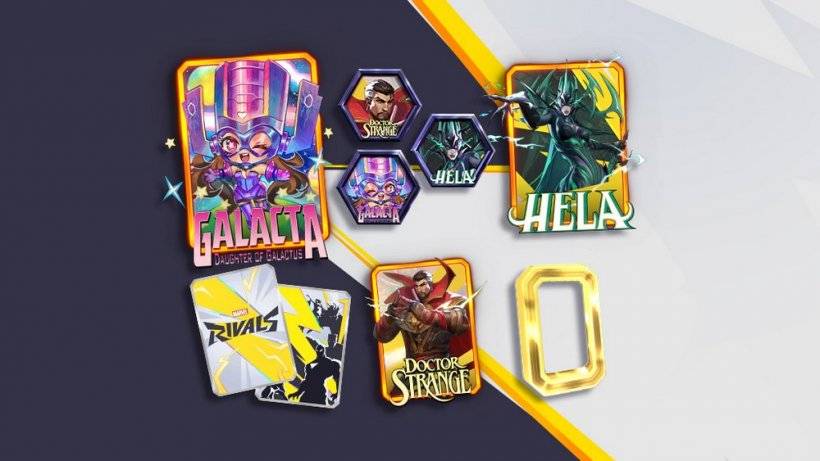
The concern extends beyond ByteDance. Tencent, NetEase, and other Chinese gaming companies could face similar scrutiny. The FTC's actions against MiHoYo highlight the growing pressure on the industry. ByteDance's experience serves as a cautionary tale, demonstrating the vulnerability of gaming companies to political pressures.
The Marvel Snap incident unexpectedly galvanized some players, previously unconcerned about TikTok, to react strongly to the disruption of their favorite game. ByteDance's gamble paid off, but it sets a dangerous precedent, raising questions about the future of gaming and its susceptibility to political maneuvering. The potential for future conflicts and the impact on players and developers remain a significant concern.

